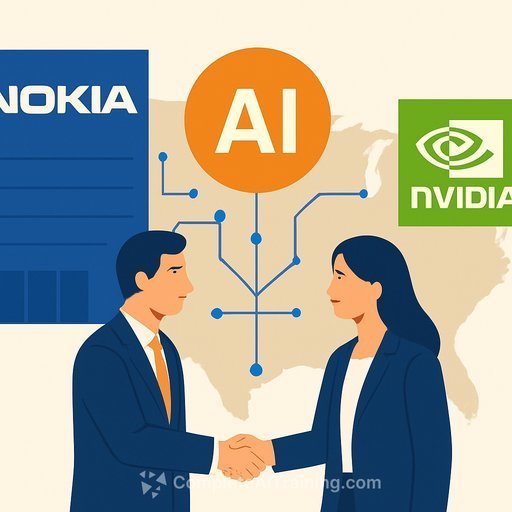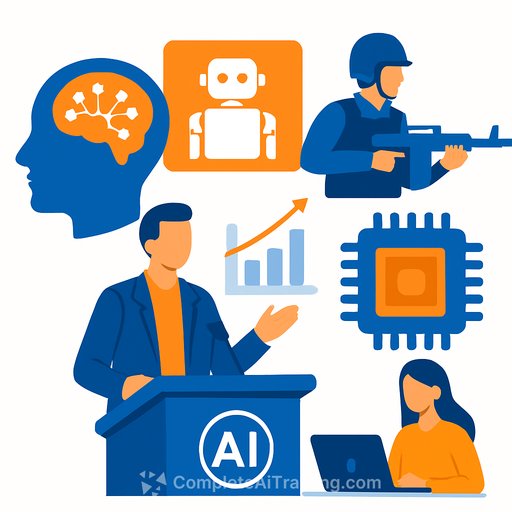The Next Billion-Dollar Startup Ideas in AI
Brad Menezes, CEO of Superblocks, an enterprise vibe coding startup, points out an overlooked source of potential billion-dollar AI startups: the system prompts used by current AI unicorns. These system prompts are extensive instructions—often 5,000 to 6,000 words long—that guide foundational AI models like those from OpenAI or Anthropic to produce specific application-level outputs.
Each AI company crafts its own unique system prompt for the same underlying model, tailoring it precisely for domain-specific tasks. While these prompts aren’t always publicly available, some AI tools allow customers to request them. Recently, Superblocks shared 19 system prompts from popular AI coding products such as Windsurf, Manus, Cursor, Lovable, and Bolt, sparking significant interest across the tech community.
Last week, Superblocks announced a $23 million Series A extension, bringing its total Series A funding to $60 million to advance its vibe coding tools aimed at non-developers in enterprises. Here’s what studying these system prompts reveals about the future of AI startups.
Key Insights from System Prompts
Menezes highlights that the system prompt itself accounts for only about 20% of what makes an AI product successful. The remaining 80% lies in “prompt enrichment”—the supporting infrastructure around the AI calls. This includes additional instructions appended to user inputs and post-processing actions like accuracy checks.
Breaking Down System Prompts: Roles, Context, and Tools
System prompts are written in natural language but are highly specific, almost like communicating with a human colleague. The instructions must be precise to get the desired output.
- Role Prompting: Assigning a personality and purpose to the AI helps maintain consistency. For example, one prompt starts with, “You are Devin, a software engineer using a real computer operating system. You are a real code-wiz...” This sets clear expectations for behavior and expertise.
- Contextual Prompting: Provides guardrails and clarifies tasks to reduce errors and cost. Cursor’s prompt advises, “Only call tools when needed... don’t show code unless asked... Read relevant file content before editing...” This ensures focused and efficient AI actions.
- Tool Use: Instructs the AI on interacting beyond text generation. For instance, Replit’s prompt details actions like editing code, installing languages, querying databases, and running shell commands.
By analyzing these prompts, Menezes noticed different focuses across startups. Some, like Loveable, V0, and Bolt, emphasize rapid iteration. Others, such as Manus, Devin, OpenAI Codex, and Replit, enable full-stack app creation but leave output as raw code.
This gap revealed an opportunity for Superblocks to empower non-programmers to build applications by managing additional layers like security and enterprise data access (e.g., Salesforce integration).
Applying These Lessons Internally
Superblocks is already using its own product internally. Engineers focus solely on building core product features, while business teams create AI agents for various operational needs. Examples include agents that identify leads from CRM data, track support metrics, or balance sales engineer assignments.
As Menezes puts it, this approach allows them to “build the tools and not buy the tools.”
Correction: The recent funding round was an extension of Series A, bringing the total amount raised to $60 million.
For those interested in exploring AI prompt engineering and building AI-driven tools, learning from existing system prompts is a practical way to gain insights. You can also explore AI courses and training on prompt engineering and related skills to deepen your understanding.
Your membership also unlocks:





